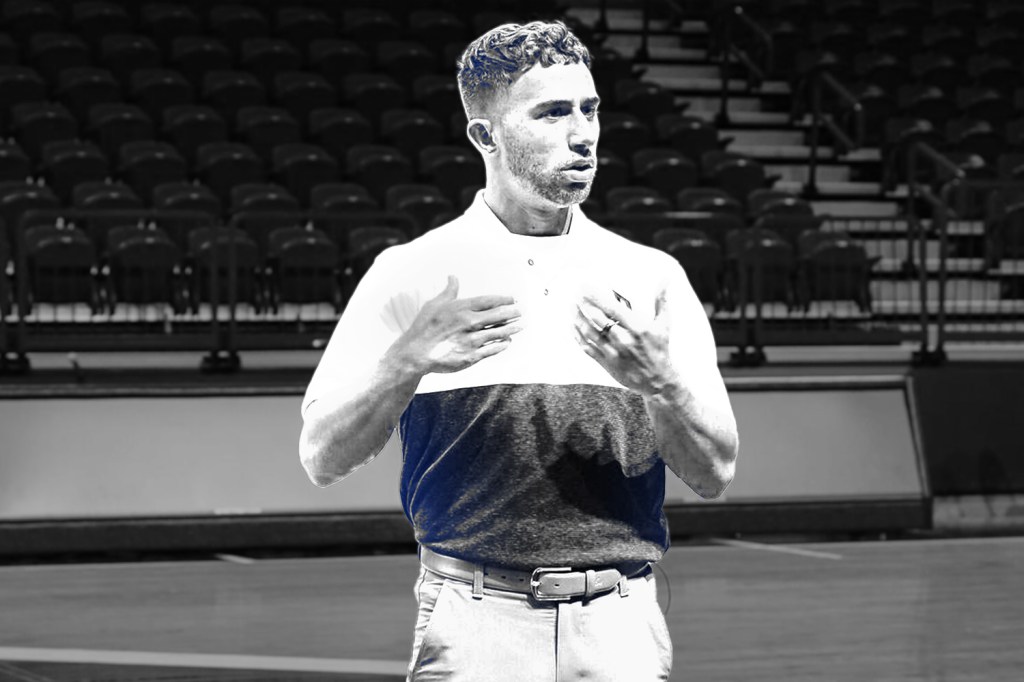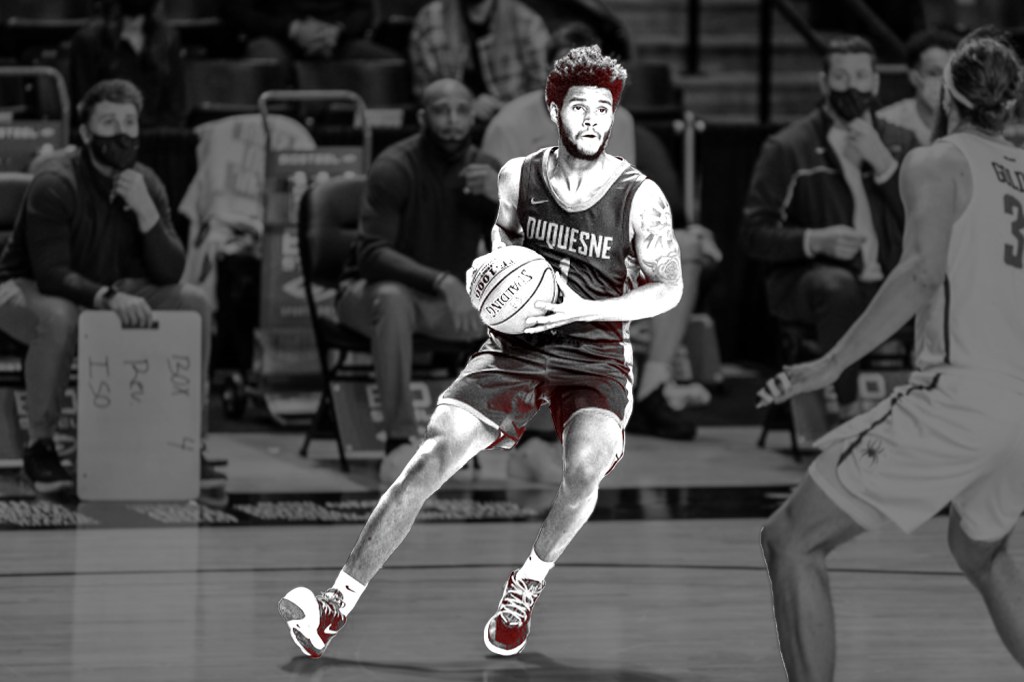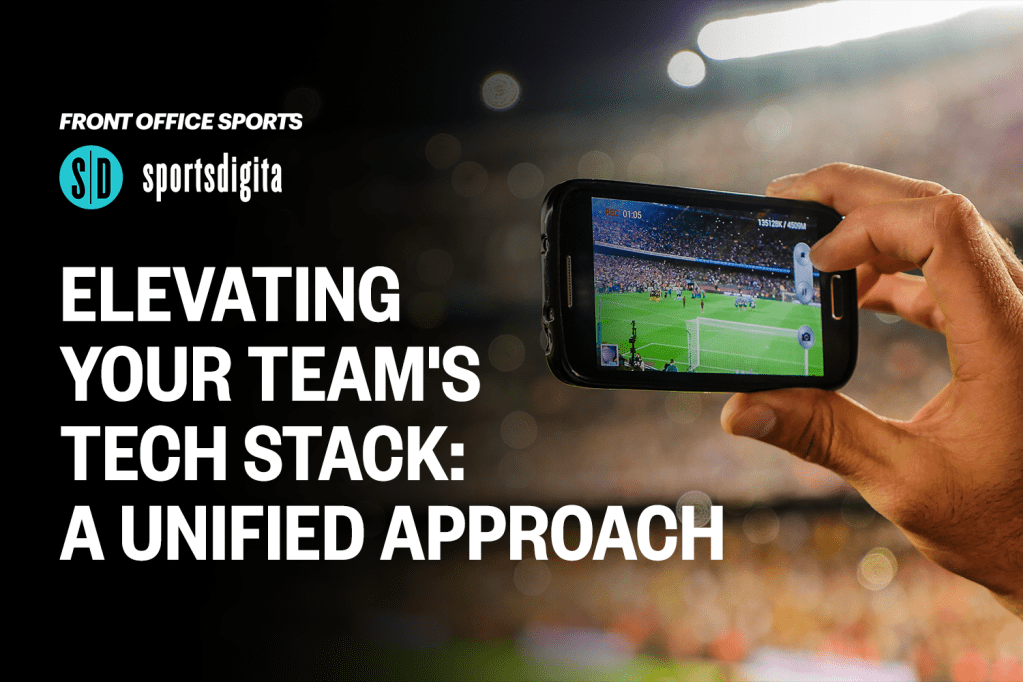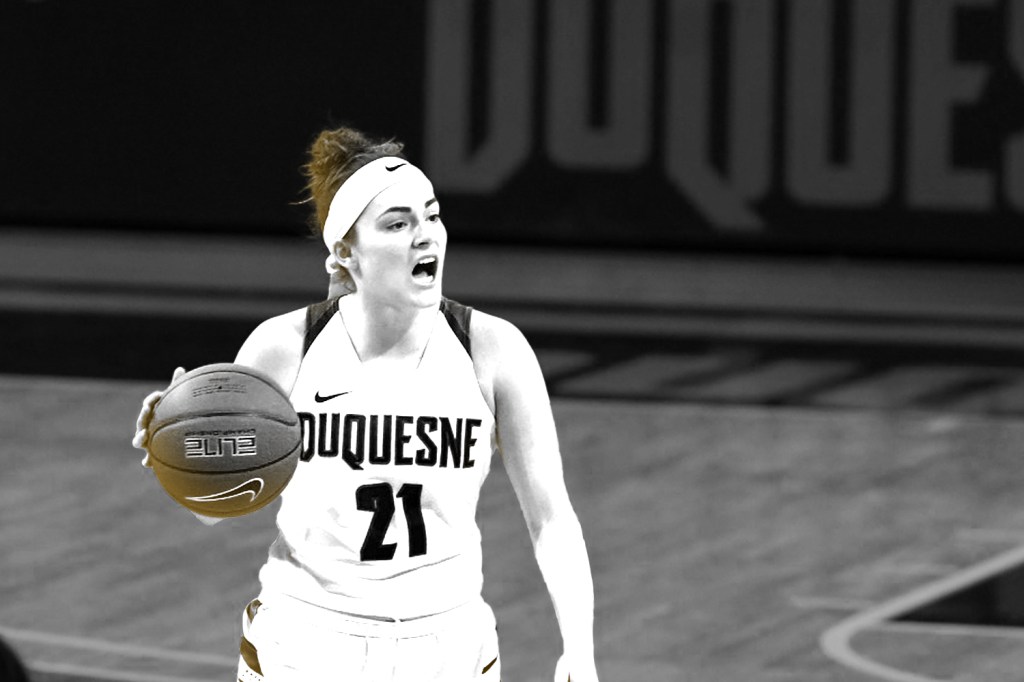In the sprint to build out NIL resources, athletic departments have hired a slew of companies to work with athletes and staff in consulting roles.
But Duquesne Athletics took their NIL program to another level: They hired personal brand coach Jordon Rooney to be an athletic department staff member. The former athlete is an experienced brand builder and the CEO of a creative agency called Built Different Creative.
As July 1 approaches, the department bills itself as the only one with an in-house employee dedicated to helping athletes build brands.
The Status Quo
In order to offer competitive NIL resources, athletic departments will need to obtain top-notch services in content creation, education for athletes and staff, and help with compliance. Many don’t have the built-in resources that NIL will require.
Most programs have hired companies that offer either NIL-enhancing products or services in a consulting role. From INFLCR and Opendorse to Altius Sports Partners, the list of available companies goes on and on.
The trend has been to hire these companies to fill gaps. Some have even signed deals with multiple companies.
Becoming a ‘Disruptor’
But Duquesne, a smaller Atlantic 10 school, wanted to offer an NIL resource that would set it apart from other schools.
When Rooney pitched his brand-coaching program, the department responded, “We want to do this,” Rooney told FOS. But then they asked him, “How can we be disruptive?”
Rooney’s answer? Carving out a staff position would make a “statement” that the Duquesne athletic department was “attacking” NIL head-on.
“It’s a huge opportunity to differentiate,” he said about the idea, which he believes is a major recruiting sell.
The athletes will benefit as well, given that they’ll have a staff member dedicated to working with them.
“Would you have the same position coach as multiple other teams?” Rooney said. “If you know that they are there for you, that they have your back, there’s a certain trust level.”
Using only consulting agencies for NIL is “like saying for their sport [that] they don’t need coaches,” Rooney said.





